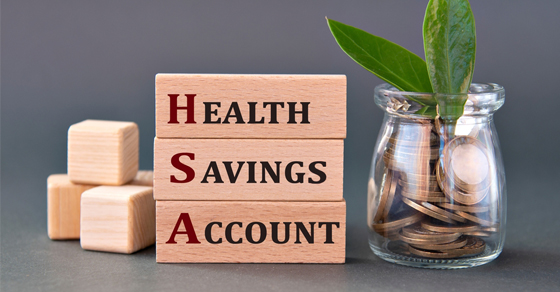Effective Tips to Optimize Your Tax Planning Strategies
As a self-employed professional, maximizing tax savings is essential to maximize your income and minimize your tax liability. By implementing smart tax strategies, you can legally reduce your tax burden and keep more of your hard-earned money. In this guide, we will explore effective tax-saving strategies specifically tailored for self-employed professionals like you.
Separate Business and Personal Expenses:
Maintain separate bank accounts and credit cards for your business to ensure a clear separation of business and personal expenses. This practice simplifies record-keeping and allows you to deduct legitimate business expenses accurately.
Take Advantage of Deductible Business Expenses:
Identify and track all legitimate business expenses that can be deducted from your taxable income. These may include office rent, utilities, equipment, supplies, travel expenses, professional services fees, marketing costs, and insurance premiums. Consult with a tax professional to ensure you are claiming all eligible deductions.
Home Office Deduction:
You may be qualified for a home office deduction if you have a specific area in your home that is used only for your business. Measure the square footage of your office space and calculate the percentage of your home expenses (such as rent, mortgage interest, and utilities) that corresponds to your office size.
Self-Employment Tax Deduction:
Self-employed professionals are subject to both the employer and employee portions of Social Security and Medicare taxes. However, you can deduct the employer portion of these taxes when calculating your adjusted gross income (AGI), reducing your overall tax liability.
Retirement Contributions:
Consider contributing to tax-advantaged retirement accounts such as a Simplified Employee Pension (SEP) IRA, Solo 401(k), or a SIMPLE IRA. These contributions are tax-deductible, and your retirement savings can grow tax-deferred until withdrawal.
Health Savings Accounts (HSAs):
If you have a high-deductible health plan (HDHP), contribute to a Health Savings Account (HSA). HSAs offer triple tax benefits: contributions are tax-deductible, earnings grow tax-free, and qualified medical expenses are tax-free when withdrawn.
Estimated Quarterly Tax Payments:
Ensure you make timely quarterly estimated tax payments to avoid penalties and interest. Estimate your tax liability and make payments based on your expected income. Consult a tax professional to help you calculate the appropriate amount to pay.
Utilize Tax Credits:
Explore available tax credits, such as the Earned Income Tax Credit (EITC) or the Child and Dependent Care Credit (CDCC), if applicable to your situation. Tax credits directly reduce your tax liability and can result in significant savings.
Record-Keeping and Documentation:
Maintain organized records and documentation of your income, expenses, and receipts. This will not only help you accurately report your income and deductions but also provide support in case of an audit.
Consult a Tax Professional:
Seek the guidance of a qualified tax professional who specializes in working with self-employed individuals. They can provide personalized advice, help you navigate complex tax laws, and ensure you take advantage of all available deductions and credits. Consider utilizing marketplaces like IfindTaxPro. You can post your project and find the right tax specialist for your unique situation.
Implementing these tax-saving strategies for self-employed professionals can make a substantial difference in your tax liability and overall financial well-being. By separating business and personal expenses, maximizing deductible expenses, taking advantage of retirement contributions and tax credits, and staying organized, you can optimize your tax planning and keep more of your income. Remember, consulting with a tax professional will provide valuable insights tailored to your specific circumstances.








